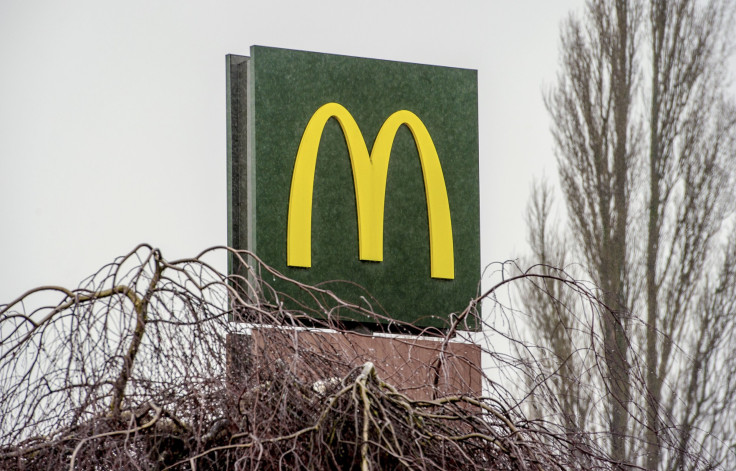McDonald’s Faces Probe In Europe For Luxembourg Tax Breaks

European regulators announced Thursday that they have opened an investigation into the tax affairs of American fast food giant McDonald’s Corporation. The investigation, which follows similar probes by European authorities into tax deals made by Starbucks Corporation and online retailer Amazon.com, will focus on McDonald’s tax deals with Luxembourg.
In a statement released Thursday, the European Commission said that two tax rulings given by Luxembourg authorities in 2009 had allowed McDonald's Europe franchising to pay “virtually” no corporate tax in the country since then, despite recording large profits.
Under the first ruling -- delivered in March 2009 -- tax authorities in Luxembourg allowed McDonald's to pay no corporate tax on its European earnings in the country, as long as it could prove that it paid tax on those earnings in the U.S. each year. The second ruling, delivered in September of the same year, allowed McDonald’s to pay no tax in Luxembourg on its European earnings, without needing to prove it paid tax on those earnings in the U.S. -- a move that might have amounted to state aid.
The commission’s preliminary view is that the tax rulings “may have granted McDonald’s an advantageous tax treatment in breach of EU state-aid rules,” it said, in the statement. The state-aid rules aim to maintain a level playing field for businesses across the 28-nation bloc.
“The purpose of Double Taxation treaties between countries is to avoid double taxation -- not to justify double non-taxation,” Margrethe Vestager, the European Commissioner for competition, said, in the statement. “A tax ruling that agrees to McDonald's paying no tax on their European royalties either in Luxembourg or in the U.S. has to be looked at very carefully under EU state aid rules.”
If the investigation reveals that McDonald’s flouted the EU’s tax laws, the company could face sizable demands for back taxes.
According to a report released earlier this year by a coalition of European and American trade unions, the fast food giant avoided paying 1.06 billion euros ($1.1 billion) in taxes between 2009 and 2013 by moving its European headquarters from the U.K. to Switzerland and by funneling royalties to Luxembourg through a tiny subsidiary.
However, the company reportedly denied any wrongdoing, claiming that it “complies with all tax laws and rules in Europe.”
“In fact, from 2010-14, the McDonald's companies paid more than $2.1 billion just in corporate taxes in the European Union, with an average tax rate of almost 27 percent,” the company reportedly said, responding to the launch of the investigation. “We are confident that the inquiry will be resolved favorably.”
© Copyright IBTimes 2025. All rights reserved.






















